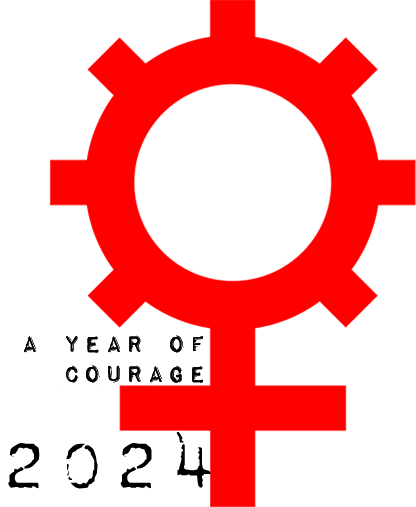Dear Diary,
Fear is an absence of trust in the process of resolution. In other words, we believe or suspect some step in the resolution process to fail and thus leave things unresolved. Fear and anger are intrinsically related, as anger gives us the drive to protect the important stuff, but fear tells us we will fail. To make matters worse, fear isn’t solely caused by internal concerns. Large for-profit enterprises excel at keeping their audience scared and malleable by the fearmongers. Audience members become radicalized and begin acting upon their hatred to our detriment.
Hatred is an effect, not a cause; hatred stems from an inability to right a wrong over sufficient time. Hatred is the corrupted, amplified version of anger. To maintain active hatred, we must be consistently reminded of whatever we feel we can’t protect. The same large for-profit enterprises excel at this, too, giving their audience unending exposure to the narrative, regardless of factual accuracy. By having our failures, real or perceived, consistently thrown at us, we perpetuate the cycle of anger and fear. We are told how a problem persists until we believe we cannot fix it and thus become afraid.
The cycle of anger and fear does lead to hatred if enough energy is invested in maintaining it. I went the other direction, I gave up on myself. I wanted to protect myself and my environment but failed to the point I ceased to try. Fear tells us we will fail somewhere along the path, and I gave into my fear and didn’t bother walking the path. Fear, however, does not prevent us from feeling angry. In many situations, it exacerbates it as our focus is continuously brought on why we are in this cycle of fear and anger initially. We get this energy to change something but believe we can’t and fall further into despair.
How do we break the cycle of anger and fear? Practicing forgiveness and being non-judgmental is a good starting point. Forgiveness is about relieving ourselves of the burden of change. We become consumed by hatred or fall into despair due to a failure to change something. As a part of the forgiveness process, we need to examine our judgments on the situation. How much of what makes us angry is in our control? How much energy are we investing into trying to change things to suit our individual will rather than accept what is? For example, I forgave myself for not being able to stop or counter the for-profit fearmongers. In truth, they were never something I could influence. I remain in staunch opposition to them and their methods, but I have accepted my path is not theirs. I should not invest energy in perpetuating the anger and fear cycle because I try to force my will onto a situation beyond my control.
Breaking the cycle of anger and fear means we will naturally climb out of despair over time. The hatred will fade as we are no longer giving it fuel. When we have successfully forgiven ourselves, we have the freedom to shift focus to the present where it belongs. By being present, we can start to take one step at a time down the path ours to walk. With each step comes small successes we can use to build momentum to let go of fear. Fear, after all, is about mistrust. When we look back at all our accomplishments (big and small), we can learn to trust ourselves going forward. Having let go of fear, we can grasp hope and give ourselves meaning every day. Break the cycle, you are worth it.
